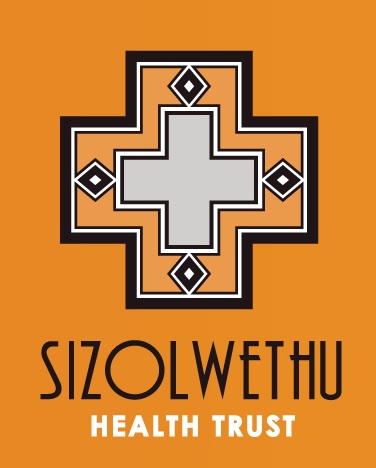Independent evaluation and experience from Cosmos representative –
Shirley Smyth on the Borehole Rehabilitation Project in Midlands and Mat. South
2019/2020
Plumtree Borehole rehabilitation project.
Today was handover day for two water bore rehabilitation projects at schools in
Plumtree, approx 140 kms south west of Bulawayo. It was an exciting culmination of
the project for these schools which are 2 of 8 initially included in the current
project. In fact with good management the funds have stretched to rehabilitate 11
boreholes for schools. This is a story of partnership with a great result. Water is
such a basic need but for these schools it has been in very short supply.
Back in Perth, Western Australia generous donors have given money to Cosmos, which
has been passed on to Sizolwethu Health Trust, based in Bulawayo, where Shelta
Masina has coordinated the project... and then, in consultation with the Minister of
Education, 11 needy schools were identified to participate. These schools all have
previously had functioning boreholes, which have become dilapidated and non
functioning over several years. For one of today's schools the bore had been out of
commission for 5 years, and for another, twelve months. This had required the 280
students from Mathambo School to walk 5 kms to the closest water source every day to
bring water back to cater for the students' needs, including keeping the toilets
working and clean. At the Malopa Dam Primary School, a council run school for 330
students, while without the bore they needed to get water from the river, about 1 km
away
At present that is a dry river bed and a huge hole has been dug into the river bed to
reach water. The school head teacher told us it makes a huge difference to the
school to be able to use the bore again. Under supervision of Sizo personnel, local
Council staff have provided the labour required to repair the bores, making use of
the parts purchased with the funding. They have been taught how to maintain the
equipment, in co operation with school staff and students. All are eagerly waiting
for the arrival of good rains to plant new gardens in newly prepared plots. There
was a real sense of celebration with singing and dancing as the project was handed
over complete in these schools. Further opportunities are open, too, for Sizolwethu
to follow up with health education sessions in the new year. This adds great value
in educating and inspiring kids to be working towards a happy and bright future.
Many thanks to all the partners who are part of this project. It brings great hope
and encouragement to whole communities to receive the gift of life, through
water.
Footnote : This day was not without its sadness, however, as drought and other
influences have ravaged this arid, rural part of Zimbabwe and we saw hungry young
children, and schools struggling to survive as families are unable to afford fees in
the present difficult economic environment.
